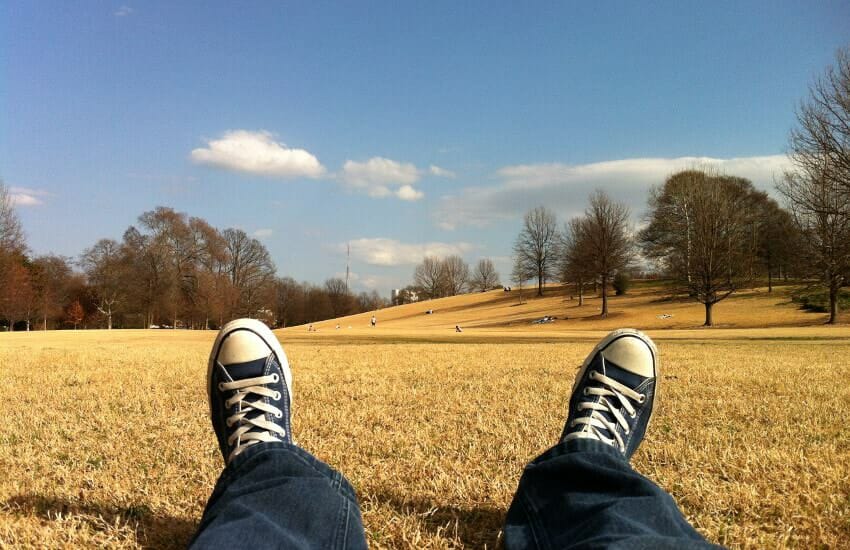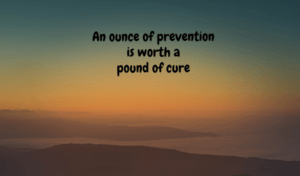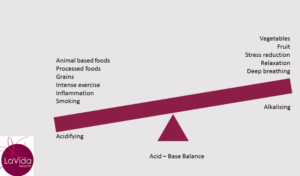A few of my naturopathy clients lately have been asking me why they have a string of good days (and they think everything is behind them) but then maybe a bad day or two. I’ve also had clients who might recover from a virus but then will have days when they feel like their symptoms are threatening to flare up again (and this could go on for months).
Maybe this is you…that feeling that something is still bubbling under the surface and if you overdo things your health will take a couple of steps backward. Convalescence could well be the missing piece of the puzzle for your healing.
What is convalescence?
When I was studying my degree, my lecturers would talk about the importance of convalescence after an illness. This is different to treating the illness.
Convalescence is the all important recovery phase after the symptoms have subsided. I find many people don’t take the time to convalesce (or at least they don’t do it well).
In your rush to get back to work or to get back to your usual routines (which, let’s face it, may have led you down the path of illness in the first place) it is easy to overlook the need for convalescence. This is where your body, having fought off the imminent threat, does it’s all-important repair and restoration work to get you back to your pre-illness state and, ideally, stronger than before you got sick. Think of it this way, your immune army has fought a big battle and now it needs to regroup, maybe recruit some more troops and fix any damaged machinery in readiness for the next attack.
What happens if you don’t convalesce?
Without convalescence, your body may survive the immediate health problem but it could be left weaker. Therefore it may be less able to deal with the next threat that comes along. Hence, the frequent sore throat or swollen glands, the lingering fatigue, the recurrent infections, the periodic “crashing”, the recurrent digestive niggles or whatever might be your particular weakness.
So, what can you do to provide the foundations for good recovery from illness?
There are 4 steps to successful convalescence
- Sleep – you need good quality sleep…not too much but enough to enable all the repair and rebuilding that takes place while you sleep. You may need additional nutritional or herbal support to facilitate good sleep but here are 9 ways to improve your sleep to help get you started on the road to good sleep.
- A balance of rest and activity. This can be tricky. Aim for enough activity to push your system without “breaking” it.
The great herbalist, Simon Mills, likens this to “acting like a butterfly”.
Spend no more than 10 minutes on any one activity, then move onto a different one. This changes the patterns of mental and physical activity in your body (and a change can be as effective as a rest). Be active (walking is wonderful) but limit exercise so as to avoid fatigue. If you are quite debilitated, this might mean only a couple of minutes of gentle walking.
- Eat for convalescence. When you are in the middle of your symptoms, you may not have an appetite. So when the symptoms subside, it is important to reintroduce foods in a way that is kind to your digestion. The goal is to nourish without placing large digestive demands on your body. Start with vegetables and broths. Then gradually reintroduce the harder-to-digest foods starting with grains, legumes, fish and eggs and finally meat.
- Take your herbal tonics. I have an extensive armoury of herbal medicines to help combat illnesses of all kinds, but convalescence is where the tonic herbs really come to the fore. These herbs help to refuel and repair your body. Herbs like Withania somnifera , Valeriana officinalis, Astragalus membranaceous are just some of the wonderful tonic herbs I use. They should be prescribed by a qualified naturopath or herbalist according to your individual needs.
So, how long should you convalesce for?
Unfortunately there is no simple answer to this question.
It will depend on how unwell you have been. For some, perhaps getting over a cold, it might just mean a day or two, taking things easy, getting an early night, eating nourishing food and taking some herbs.
For others, who have suffered from a chronic or debilitating health problem for months or even years, then convalescence will take time. But, when done well, it should help to prevent those relapses.
This doesn’t mean you have to be confined to the couch for weeks on end, it just means you need to be SMART. Give your body the love and support it needs to fully recover after the symptoms of the immediate crisis have resolved. It means pacing yourself and putting some of that new-found feeling of wellness “in the bank” rather than rushing out and “spending” it all at once.






2 thoughts on “How to convalesce successfully …”
I am 6 weeks post covid. My brain fog and fatigue seem to come and goat independently, and in varying intensity. Any additional hints you have would be greatly appreciated.
Stick with the tips I’ve mentioned above and if you haven’t seen a naturopath for support I would highly recommend that. Beyond that, I can’t give personal advice.